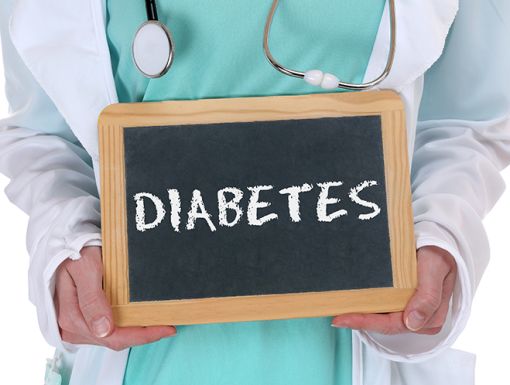
Medications to Avoid if You Have Diabetes
When you have diabetes, the key to staying healthy is controlling your blood sugar levels. But, there can be hidden pitfalls that affect your blood sugar levels in both prescription and over-the-counter (OTC) medications, so let’s look at what medications to avoid if you have diabetes. But first, let’s start with the basics.
What is diabetes?
Diabetes is a disease caused by your blood sugar - medically known as blood glucose - being too high, or by your body being insulin resistant. These problems start when your body no longer makes enough of a chemical called insulin, which helps move sugar from your blood and into your cells. Without enough insulin, your cells can’t get the sugar they need to keep you healthy.
Now that we have that covered, let’s look at medications that can affect your blood sugar levels:
Prescription Corticosteroids
Corticosteroids such as prednisone are prescribed to reduce inflammation and immune activity in the body. They may be prescribed to treat conditions such as asthma, lupus, ulcerative colitis, and rheumatoid arthritis. However, corticosteroids, especially when taken orally, can increase blood sugar levels and increase insulin resistance. If you have diabetes, you should avoid corticosteroids unless necessary. If they are necessary, pay extra attention to your blood sugar levels while taking them.
Over-the-counter Cold Medicine
Having a cold or the flu is no fun – no matter what other conditions you have! Sickness tends to cause stress, which can affect your blood sugar. And if you have diabetes, treating the symptoms of a cold or the flu poses an additional risk because a lot of OTC cold medication affects your blood sugar. Because of this, the American Diabetes Association recommends that people with diabetes should get a flu shot each year.
If you do find yourself with a cold or the flu, you should generally choose OTC medications with a single active ingredient to treat a specific symptom, as opposed to multiple ingredients to treat multiple symptoms. On top of that, you should check your blood sugar levels more often than usual to monitor for any changes.
- Congestion: Oral decongestants can raise your blood sugar. While they can still be safe to take, you may need to adjust your diabetes medication while taking an oral decongestant. A safe option that will not affect blood sugar levels is a saline nasal spray, which can provide relief from a stuffy nose.
- Cough: Cough syrups typically contain a good amount of sugar, so sugar-free cough syrups are the safest option for those with diabetes.
- Pain and fever: Pain and fever relievers such as acetaminophen, aspirin, and ibuprofen can help with body pain and fever. However, if you have kidney issues you should check with your doctor before taking this type of medication.
If you have questions about any medications you're taking, speak with your provider or a pharmacist.
Concerned about your blood sugar? Our experienced team can answer your questions. Find an available appointment today.


